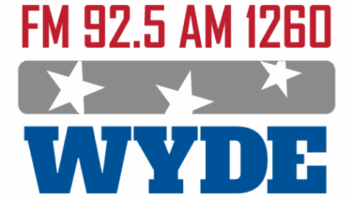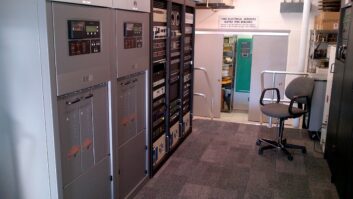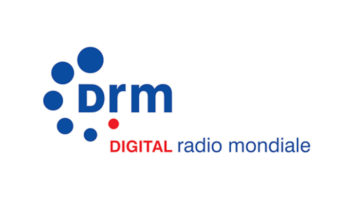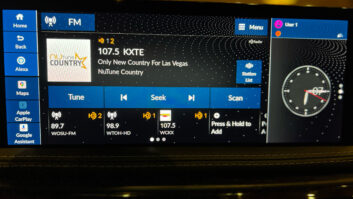
Ludwig Enterprises Inc., a publicly traded company with headquarters in Pompano Beach, Fla., is building a network of affiliates for what it’s calling a nationwide world radio network.
The company says it has developed and patented a portable handheld radio that receives signals via the digital television ATSC format and features 50 channels of “digital” radio programming. Its plan calls for agreements with broadcasters to lease capacity. “With minor modifications to the existing transmitter site and no changes in FCC licensing this broadcasting network could allow Ludwig to broadcast non-competing formats over existing broadcast spectrum,” it wrote in a summary for investors last summer.
It also promises that advertisers can receive exact demographic/statistical data within 96 hours of airing a commercial.
It says it is targeting U.S. multicultural, 55+ and youth markets with its content in particular. Ludwig’s programming consists of 40 channels of ethnic talk radio such as Filipino, Pakistani, Hebrew, Chinese, Greek and Russian. The remaining 10 channels are English-language channels that include old-time radio shows, news, audio books, educational and religious programs and classical music. Jean Cherubin, its chairman, is based in Miami and has ownership in “various U.S. radio stations,” according to a company financial report, and is president and COO of broadcast facilities specializing in Haitian and Jamaican broadcasting. “In addition to his involvement with radio he has founded and operated several telecommunication companies providing voice and Internet services.”
Revenue is mostly from ads and syndication, it says. A one-time subscription fee is charged to the listener on activation; the radio itself is included. The company says that although satellite radio is its closest competitor, there’s little overlap in audiences.
The company says its technology “utilizes a ‘carousel’ that interleaves information streams in a repeating pattern for inclusion into a digital video broadcast … allowing Ludwig’s data carousel to deliver multiple dynamic digital audio programs, not just one.”
“The One” radio itself has a de-tuned, regional GPS module and data transmitter. The company says the receiver will send Ludwig daily transmissions of each 15-minute sampling interval from the channels and ads delivered via each receiver. It says the receiver is designed to protect privacy while delivering advertisers with market and demographic feedback. The GPS data will be marked and overlaid with publicly available statistics information from the U.S. Census Bureau. Listeners’ privacy is protected, according to Ludwig, because the regional data collected is not specific to the individual.
Ludwig eventually hopes to build a network of 50 primary markets. Its website now has The One digital radio receiver with links to its affiliate station roster, kicking off with programming from Haiti and Jamaica. By clicking on the country’s flag, those with an enabled media player will link to either “The Heartbeat of The Caribbean” or Jamaica broadcasting news, music and local culture.
The radios can receive local, regional and national emergency broadcast warnings. Specific national emergency and weather broadcasts can be customized to those localized areas, according to the company.







